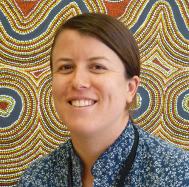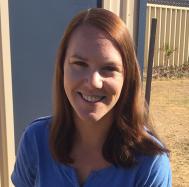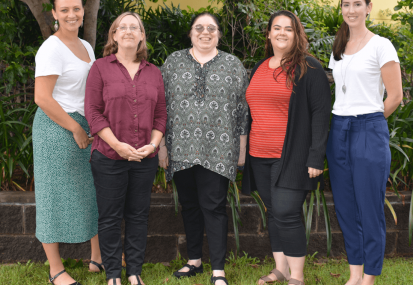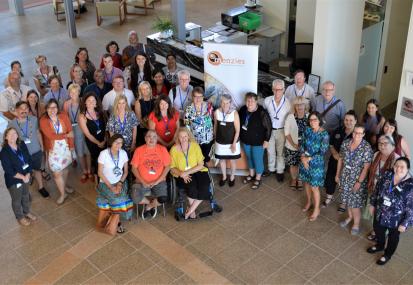Check out the first Life Course Studies newsletters for the year, where you will read the latest
Young Adulthood
2013 - 2015 Young Adulthood
Young adulthood is a time of change. It is a time when people leave school and often move out of the family home. It is also an age where concerns about health, particularly mental health, are high but people do not engage with health services and health information remains sparse. Participants of both the TEC and ABC study underwent a comprehensive health assessment when they were aged 22-27 years.
People
Dr Gurmeet Singh, Belinda Davison, Jennifer Goodall, Sarah Whalan, Joseph Fitz, Katie Montgomery-Quinn and Methinee Intarapanya made up the core research team.
Data collected
The same core data including body size, shape and composition, cardiovascular measures and renal function, emotional status and lifestyle factors were once again assessed. These were expanded upon in this wave to include additional inflammatory markers, respiratory function and additional lifestyle markers such as major life events and stress biomarkers.
Following the mandatory fortification of iodized salt in bread in 2009, repeat urine iodine was assessed to ascertain the impact of this national intervention on the iodine status of young people in the Top End.
Findings
117 of the original cohort was seen at mean age 25 years.
Majority of people were in the healthy weight range.
The low prevalence of chronic disease markers in young adulthood suggests that there is still a window of opportunity beyond childhood to target interventions aimed at reducing the high burden of chronic disease in this high risk population.
Top End Cohort
People involved in this study






Related publications
| Year | Study | Citation | View |
|---|---|---|---|
|
2009 |
Aboriginal Birth Cohort |
Sayers S, Singh G, Mott S, McDonnell J, Hoy W. Relationships between birthweight and biomarkers of chronic disease in childhood: Aboriginal Birth Cohort Study 1987-2001. Paediatr Perinat Epidemiol. 2009 Nov;23(6):548-56.
|
|
|
2019 |
Aboriginal Birth Cohort |
Davison B, Goodall J, Whalan S, Montgomery‐Quin K, Howarth T, Singh G. Nutritional dual burden in Indigenous young adults: The geographical differential. Australian Journal of Rural Health. 2019;27(1):14-21. |
|
|
2015 |
Aboriginal Birth Cohort |
Mann, K. D., Pearce, M. S., Sayers, S. M., & Singh, G. R. (2015). Pathways between birth weight and later body size in predicting blood pressure: Australian Aboriginal Cohort Study 1987–2007. Journal of hypertension, 33(5), 933-939. |
|
Related news
Members of our Life Course team hosted a very successful international meeting in Darwin this yea
The tireless research team of Gurmeet, Belinda, Joseph, Jennifer, Sarah, Katie, Methinee, Evan an



